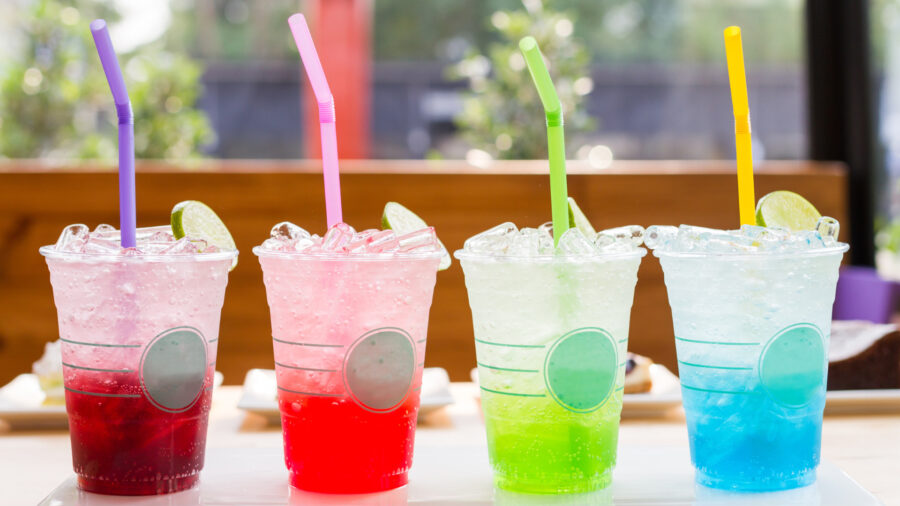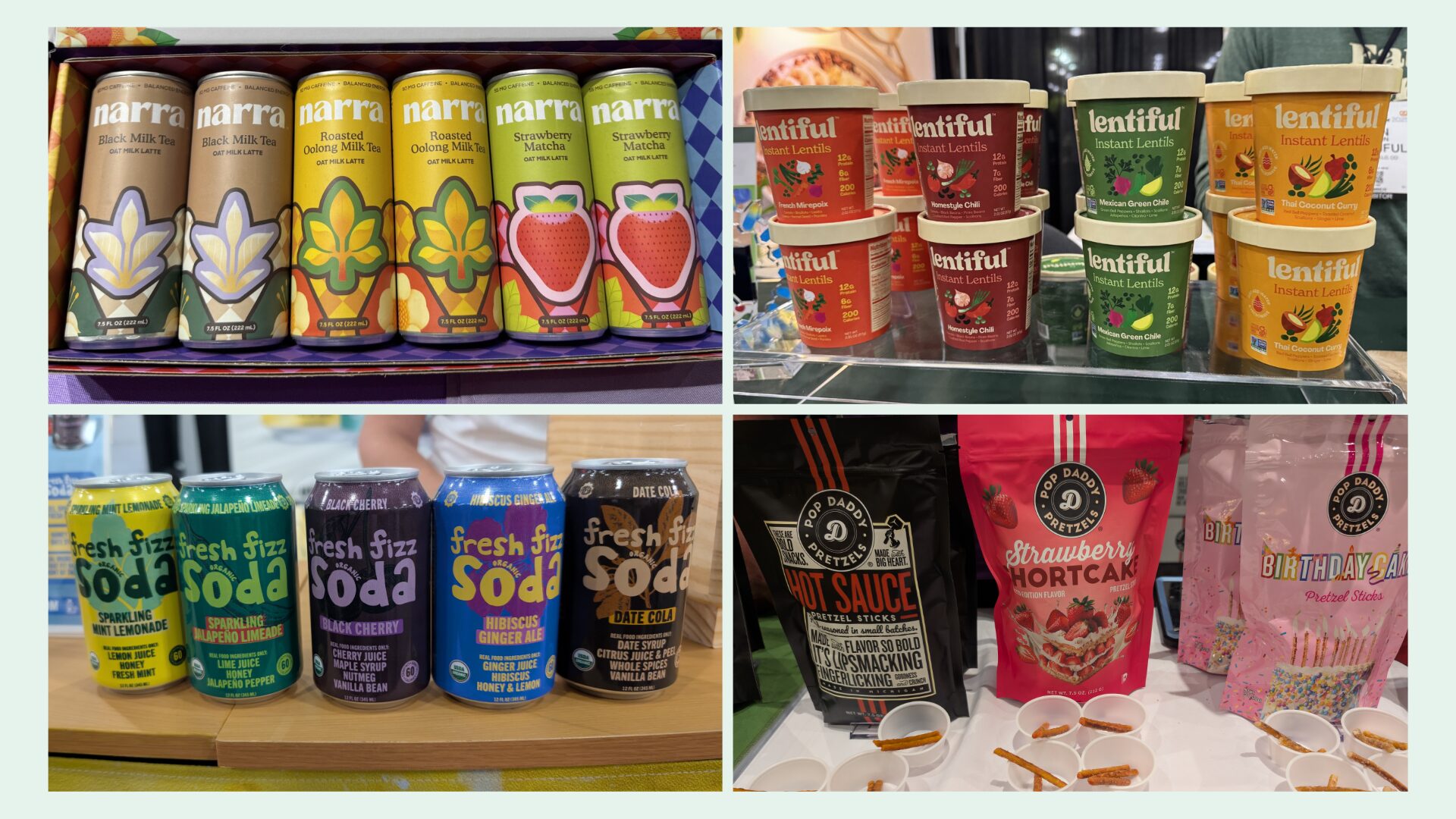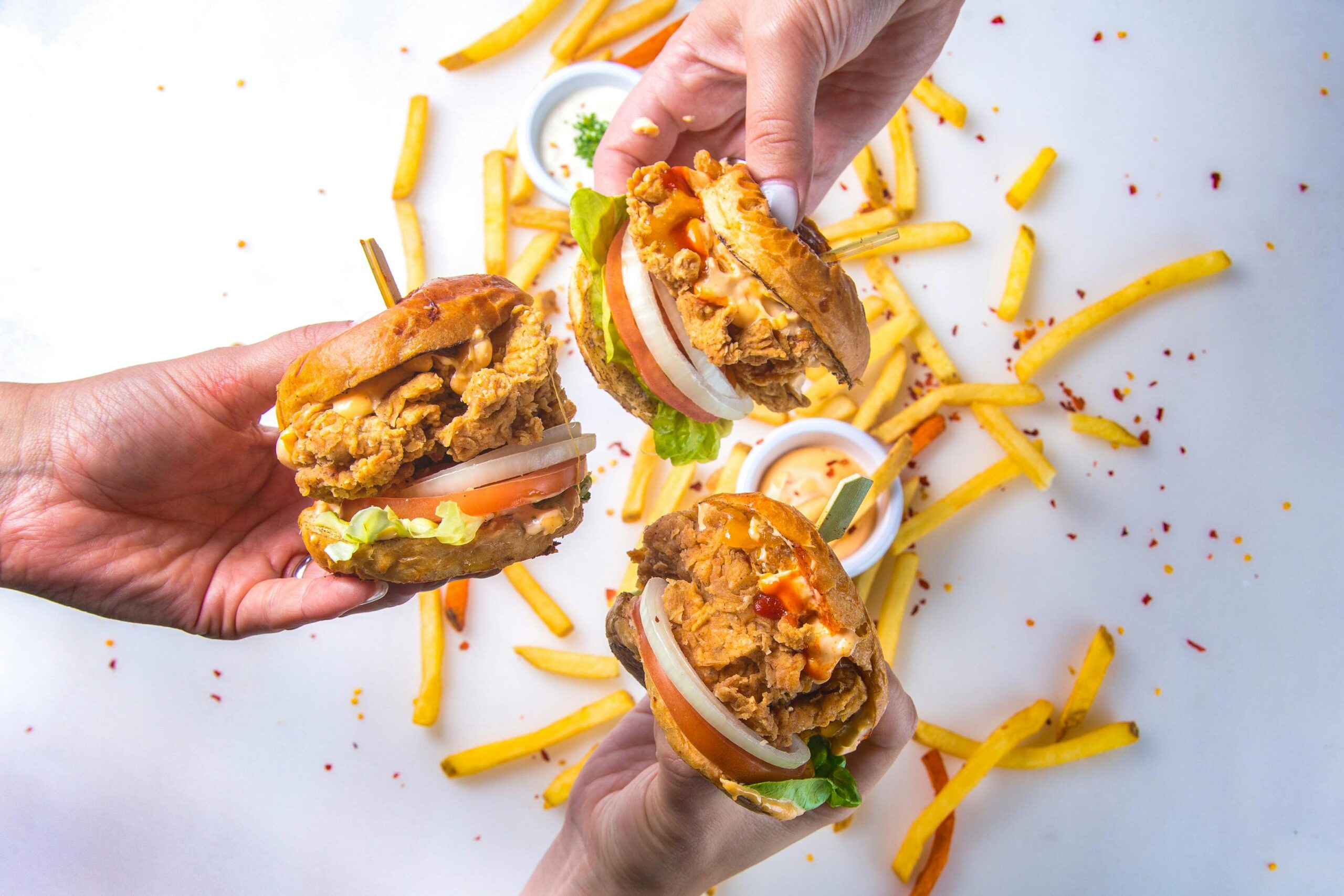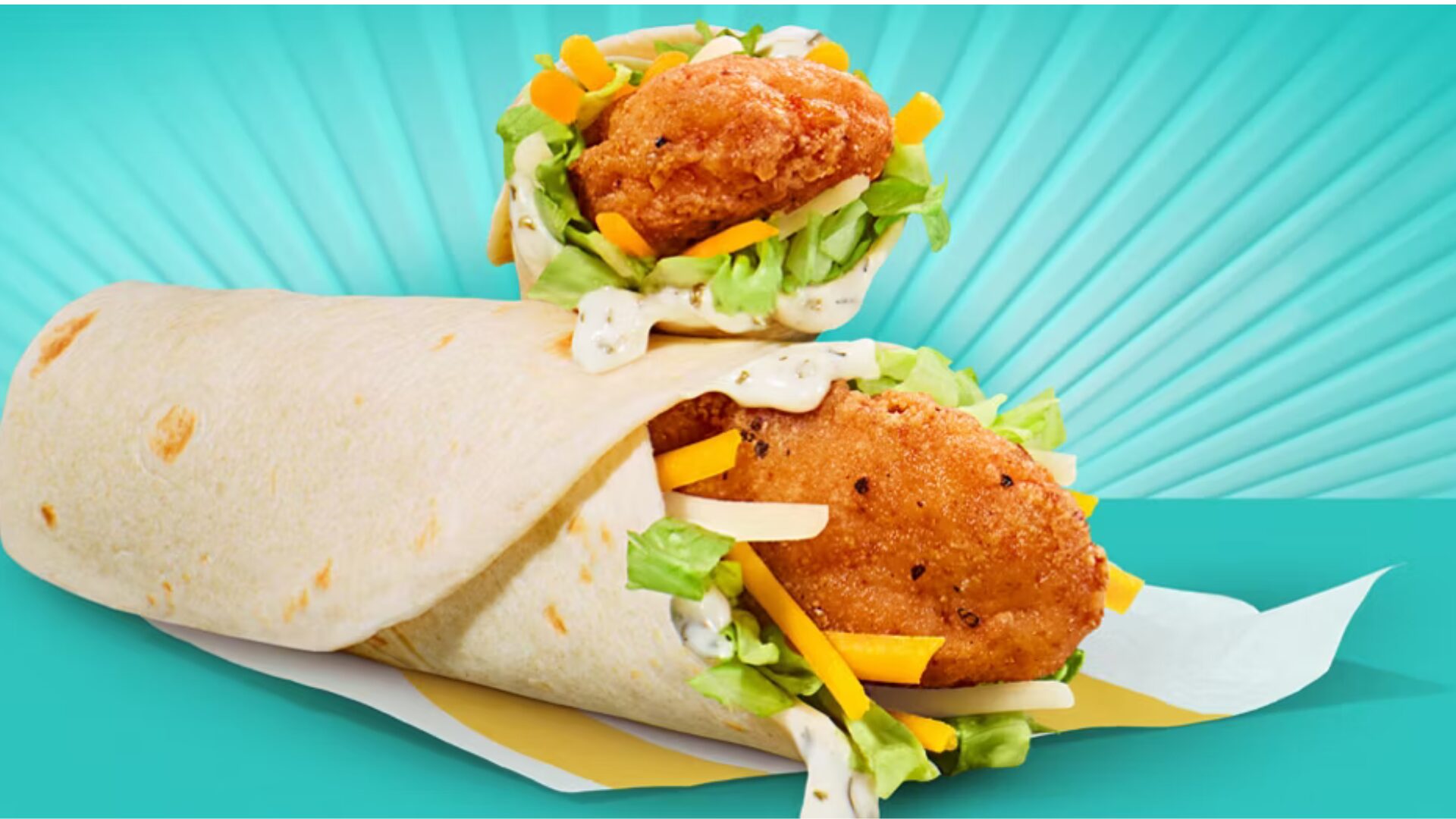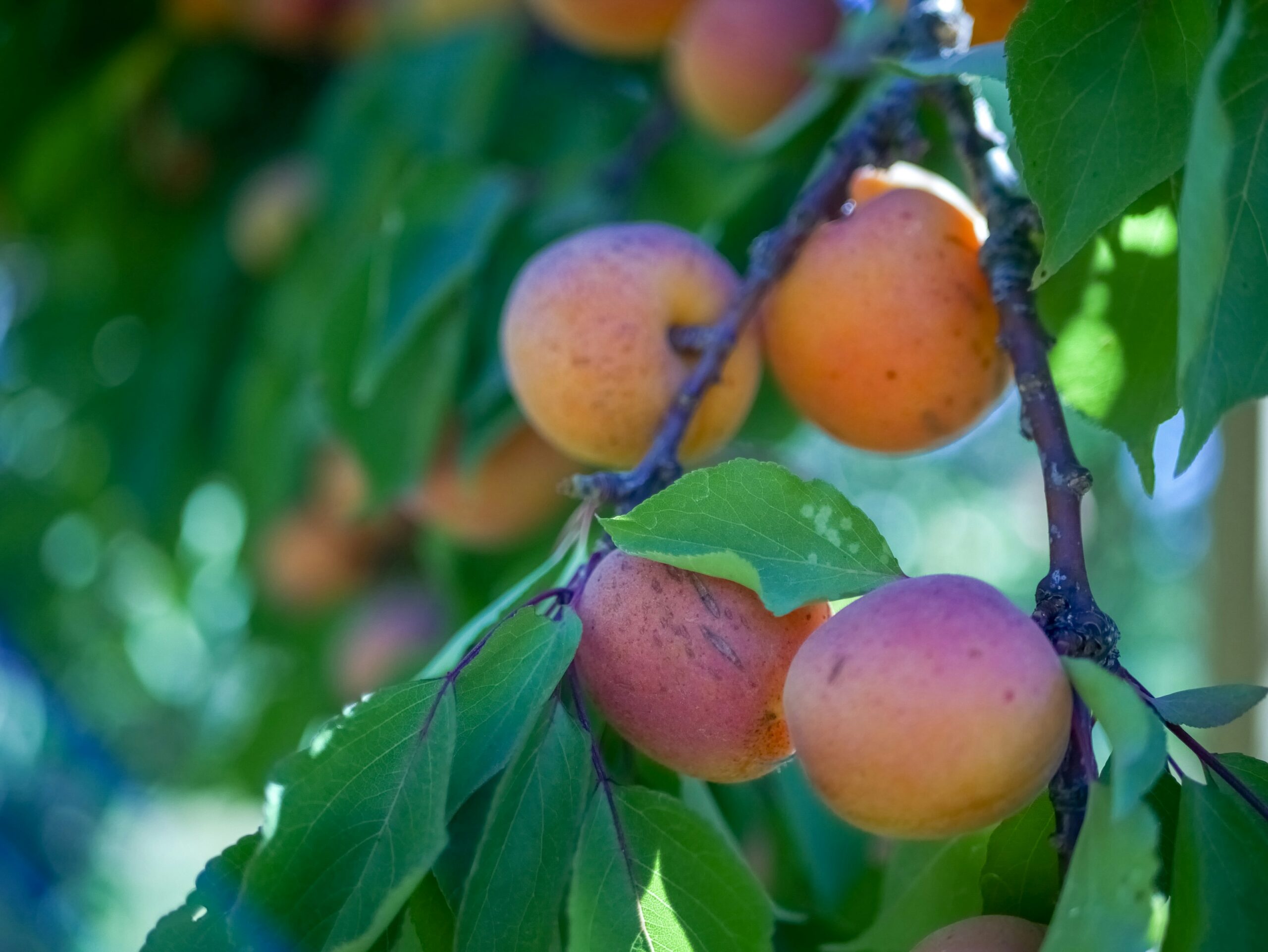Better-for-you beverages are booming, but major foodservice players have been slow to diversify their fountain offerings. Can consumer demand for healthier alternatives turn the tides?
“Based on current trends in the industry the outlook is positive for better-for-you beverages in the fast food and QSR market,” Bob Vergidis, Founder and Chief Visionary Officer at pointofsale.cloud told The Food Institute. “As the customer demographic is aging, sugary and carbonated drinks are adding to health risks and as a result, customers will choose water unless there is a more health-conscious choice.”
Tractor Beverage Co. is at the forefront of this movement, forming partnerships with a growing number of fast casual operators including Chipotle, Zoup Eatery, and CaliBurger.
“Consumers are demanding change, not only in restaurants but across most retail segments including convenience, drug, and grocery stores,” Luke Emery, Chief Customer Officer at Tractor Beverage Company told The Food Institute. “The shifts have been slower across foodservice due to existing contracts that can limit consumer choice. “
Adjusting Operations is a Major Hurdle
Beverage stagnation at major QSRs and fast-food chains can be attributed to several factors, including cost and the adjustment in operations from the supplier.
“Soda companies have streamlined operations over the years and introducing better-for-you drink alternatives will require new equipment, supplies, and different procedures,” said Vergidis. “It will require the supply ecosystem to make offering these options easy and cost-effective for restaurants.”
Emery attributes some of Tractor’s success to understanding the restaurant industry, anticipating needs, and offering solutions that benefit both operator and manufacturer.
“We are in the trenches every day with our customers. By offering a back-of-the-house option that is easy to execute, Tractor is helping to minimize labor costs while allowing the crew to focus on other parts of the business.”
The company has also been able to offer products at an affordable price, thanks to its growing networks of “Pouring Partners.”
Boosting the Value Proposition
As Vergidis notes, consumers are always tempted to add a drink to their order, and when they have the option to add a “real” healthy choice, that will be a serious consideration. There is elasticity in how much a consumer is willing to spend, however, on a QSR transaction.
“You have to give them a logical reason to add to their order when they are looking to avoid traditional soda,” Vergidis added.
Tractor gives the operator a premium solution that is also “attractive because consumers want, and are willing to pay more for, an elevated experience,” said Emery.
Furthermore, the company recently launched an Organic Impact Tracker to promote transparency and highlight the environmental value of drinking organic, sustainably sourced beverages.
“Demonstrating how choosing organic translates to a measurable impact is game-changing for our customers. [They] just want to see progress, real progress, because they are wary of greenwashing,” said Emery. “Tractor’s Organic Impact Tracker allows our customers to show their patrons that they care and are making an impact.”
Category Outlook
While significant hurdles remain, the future of better-for-you beverage expansion in restaurants is promising.
“By offering a full-service…better-for-you solution, restaurant operators can meet consumer demand and maximize revenue and margin, which are becoming more and more difficult to achieve,” said Emery.
Vergidis echoes this sentiment, noting that QSR chains that follow this trend could ultimately see an increase in ticket averages and a reduction in the average check deflation.
“Soda will never go away; the question is how much of a profit will restaurants and QSR chains capture by offering more healthy drink alternatives and will the cost and benefit balance enough to justify the changes required?” Vergidis concluded.


